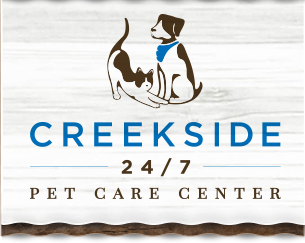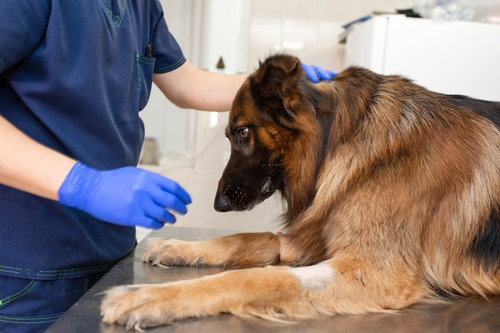Accidents happen, and when your dog hits his head, it can be a worrying experience. Even if your dog seems fine, it’s essential to understand the potential risks and when it might be necessary to seek veterinary care. In this article, we’ll explore what to look for if your dog hits his head and how to determine if it’s a vet emergency.
Understanding Head Injuries in Dogs
Head injuries in dogs can range from minor bumps to serious concussions or traumatic brain injuries. The skull provides protection, but a significant impact can still cause damage. It’s important to monitor your dog closely for any signs of distress or changes in behavior after a head injury.
Common Causes of Head Injuries in Dogs
Dogs are curious creatures, and their adventurous nature can sometimes lead to head injuries. Common causes include:
- Falls: Jumping from high places or slipping on surfaces.
- Collisions: Running into furniture, walls, or other animals.
- Accidents: Getting hit by a car or other moving objects.
- Play: Rough play with other dogs or humans.
Understanding the cause of the injury can help assess the severity and guide your next steps.
Immediate Steps to Take After Your Dog Hits His Head
If your dog hits his head, taking immediate action can make a significant difference. Here are the steps to follow:
- Your dog will pick up on your anxiety, so stay calm and composed.
- Look for cuts, bruises, or swelling on the head.
- Observe your dog’s behavior for any signs of distress, such as disorientation, vomiting, or seizures.
- Keep your dog quiet and restrict movement to prevent further injury.
- Even if your dog seems fine, it’s always a good idea to call your vet for advice. Creekside Pet Care Center can be reached at (817) 421-5850.
When to Seek Immediate Veterinary Care
Some symptoms indicate a need for immediate veterinary attention. If you notice loss of consciousness, severe bleeding, seizures, unusual behavior, or persistent vomiting, contact your vet right away.
Signs and Symptoms to Watch For
Monitoring your dog for signs and symptoms of a head injury is crucial. Some symptoms may not appear immediately, so continue to observe your dog for several days after the incident.
- Swelling
- Bleeding from the nose, ears, or mouth
- Dilated pupils
- Difficulty walking, staggering, or loss of balance
- Lethargy
- Confusion, walking in circles, or bumping into objects
- Changes in appetite
- Excessive whining, barking, or crying without a clear reason
How Vets Diagnose and Treat Head Injuries
When you bring your dog to the vet after a head injury, the vet will perform a thorough examination to diagnose the extent of the injury. This may include a physical exam to check for visible injuries and assessing neurological function, imaging tests such as X-rays or CT scans to evaluate internal damage, and blood tests to check for underlying conditions that may affect treatment.
Treatment Options
The treatment will depend on the severity of the injury. Options may include medication to provide pain relief, anti-inflammatories, or antibiotics to prevent infection, observation for supportive care, or in severe cases, surgery may be required to relieve pressure or repair damage.
Preventing Head Injuries in Dogs
While accidents are not entirely preventable, there are steps you can take to reduce the risk of head injuries for your dog.
- Safe Environment: Ensure your home is dog-proofed with no sharp edges or high surfaces they can fall from.
- Supervised Play: Monitor your dog’s playtime, especially with other dogs or children.
- Training: Train your dog to avoid dangerous situations, such as running into the street.
- Protective Gear: Use a helmet for dogs engaged in activities like biking or skating with their owners.
Taking Proactive Steps for Your Dog’s Health and Safety
Understanding the potential risks and knowing what steps to take when your dog hits his head can make a significant difference in their recovery. Always err on the side of caution and consult with your vet if you have any concerns. Creekside Pet Care Center in Keller, Texas, is here to help. Call us at (817) 421-5850 or make an appointment online for any head injury concerns or other health issues your dog may face.






